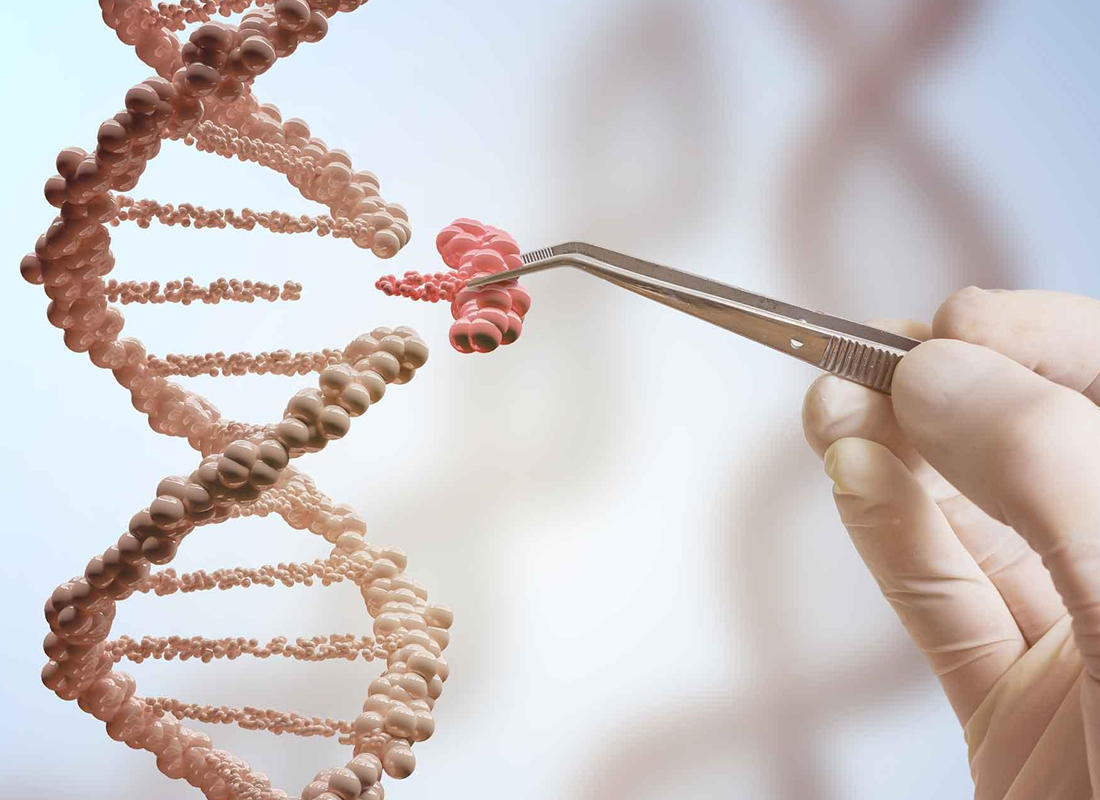
At its core, epigenetics involves mechanisms that regulate gene activity. These mechanisms include DNA methylation, histone modification, and non-coding RNA molecules. DNA methylation, for instance, involves the addition of a methyl group to DNA, which can silence genes and prevent their expression. Histone modifications alter the structure of chromatin, making it more or less accessible for transcription. These processes are dynamic and can be influenced by various factors such as diet, stress, and exposure to toxins.
The implications of epigenetics are profound, particularly in the context of disease prevention and treatment. Research has shown that epigenetic changes can play a role in the development of various conditions, including cancer, cardiovascular diseases, and neurological disorders. For example, certain lifestyle factors such as smoking and poor diet can lead to epigenetic modifications that increase the risk of developing these diseases. This connection underscores the importance of adopting healthier lifestyle choices to potentially mitigate these risks.
Moreover, epigenetics also sheds light on the concept of transgenerational inheritance. This phenomenon occurs when epigenetic changes are passed down from one generation to the next, potentially affecting the health of offspring. For instance, a mother’s exposure to environmental toxins during pregnancy can lead to epigenetic modifications in her child, impacting their health outcomes later in life. Understanding this aspect of epigenetics emphasizes the need for public health initiatives aimed at reducing environmental exposures and promoting maternal health.

Incorporating epigenetic principles into everyday life can be beneficial for overall health. Simple lifestyle changes such as maintaining a balanced diet rich in fruits, vegetables, and whole grains can positively influence gene expression. Regular physical activity has also been shown to induce favorable epigenetic changes, promoting better health outcomes. Additionally, managing stress through mindfulness practices or relaxation techniques can help mitigate the negative effects of stress on gene expression.
As research in epigenetics continues to evolve, the potential for developing targeted therapies based on epigenetic modifications is becoming increasingly promising. Scientists are exploring drugs that can reverse harmful epigenetic changes, offering new avenues for treating diseases that were once considered challenging to manage. This area of research holds the potential to revolutionize how we approach treatment and prevention in medicine.
Education and awareness about epigenetics are essential for fostering a healthier society. By understanding how lifestyle choices and environmental factors can influence gene expression, individuals can make informed decisions about their health. Public health campaigns that highlight the importance of epigenetics can empower communities to adopt healthier behaviors and advocate for policies that promote a healthier environment.
The exploration of epigenetics opens up exciting possibilities for understanding the complex interplay between genetics and the environment. By embracing this knowledge, we can enhance our approach to health and well-being, paving the way for a future where we can proactively manage our health based on our understanding of epigenetic influences. The journey into the world of epigenetics is just beginning, and its implications for health and disease are poised to transform our understanding of biology and medicine.
